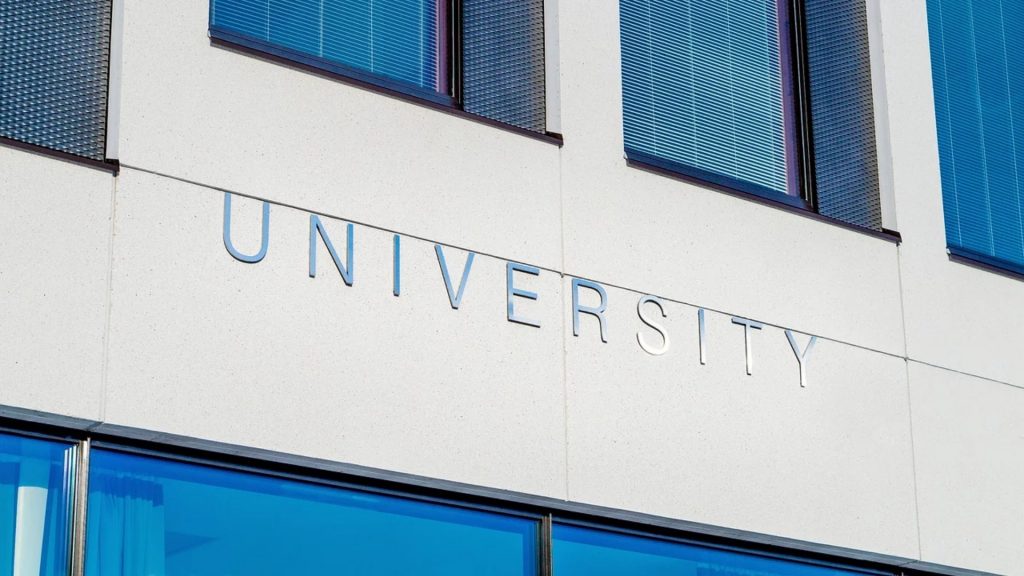- The National Student Financial Aid Scheme (NSFAS) has shared the precise figures for payments to universities for April.
- The government-run funding scheme is on the back foot following several incidents and an inability to properly pay students monthly.
- It is now seemingly putting the onus on universities and TVET colleges for why payments are not being handled correctly.
The past few months have been nothing short of a calamity for the National Student Financial Aid Scheme (NSFAS), with the latest chapter on the long-running saga being a clerical error at the University of Johannesburg resulting in all funded students missing out on thousands of rands each month.
Seemingly on the back foot, NSFAS has now taken to sharing its precise payouts to both tertiary institutions and direct to students in order to show that it cannot be blamed once funds have been transferred.
For April in particular, it explained in a press statement that it, “Would like to remind all institutions that the monthly payment date for TVET college allowances is the 25th of every month, and for universities it is the 30th of every month. It is therefore important that institutions submit their registration data to be included in the initiation of payment by the respective NSFAS cut-off dates communicated.”
It further broke down the payments for the month, noting that a total of R2 306 583 222 was paid to universities, with R1 258 865 972 of this being tuition to universities, R653 954 716 being allowances via universities, and R393 762 534 being direct payment to students.
As for TVET colleges, NSFAS explained that R511 106 120 in total was paid, with R147 115 846 being tuition to colleges, R34 831 311 being allowances via colleges, R298 971 220 being NSFAS card allowances, and R30 187 743 being student accommodation.
Along with unpacking the figures for April, NSFAS says it has initiated the registration upload period for institutions to submit the registration data for the 2024 academic year. It adds that institutions are encouraged to promptly submit their outstanding registration data for the 2024 academic year to the scheme.
“This submission is crucial for us to process payments for tuition and allowances. Institutions and the students are reminded that all subsequent disbursements will be based solely on the registration data received and processed successfully,” it added.
The scheme also did a bit of naming and shaming, with the University of Fort Hare and the University of Stellenbosch highlighted at the time of writing for not submitting registration data, according to NSFAS.
It went on to live the tertiary institutions that did not meet the March cut-off dates for registering data to ensure proper payments in April.
The institutions are:
- University of Venda,
- University of Mpumalanga,
- University of Limpopo,
- University of the Witwatersrand,
- Sol Plaatje University,
- Durban University of Technology,
- North-West University,
- Vaal University of Technology,
- University of Stellenbosch,
- Mangosuthu University of Technology,
- University of the Western Cape,
- Tshwane University of Technology,
- Lovedale TVET College,
- South West Gauteng TVET College.
It therefore looks like NSFAS aims to illustrate that the inability for students to receive payments does not solely lie at its feet, with local tertiary institutions seemingly at fault for not handling the required admin in the correct or timely manner.
The scheme specifically points to the recent UJ incident, and how the fault lies at the University.
“Rectifying the error will require efforts from UJ. Staff will need to investigate the issue, communicate with affected students, and process corrections in the system. Additionally, NSFAS will have to ensure that the adjustment platform is ready to receive corrections,” it noted.
“There is a reputational risk associated with this incident. The NSFAS disbursement process might come under scrutiny and be blamed for UJ’s error. Negative publicity can impact NSFAS’s image and erode public trust in its operations,” it concluded.
While there is indeed a fault across the board when it comes to the handling of disbursements, it is once again the students in dire need of funding that are being left in the lurch while government and tertiary institutions continue to point fingers.

